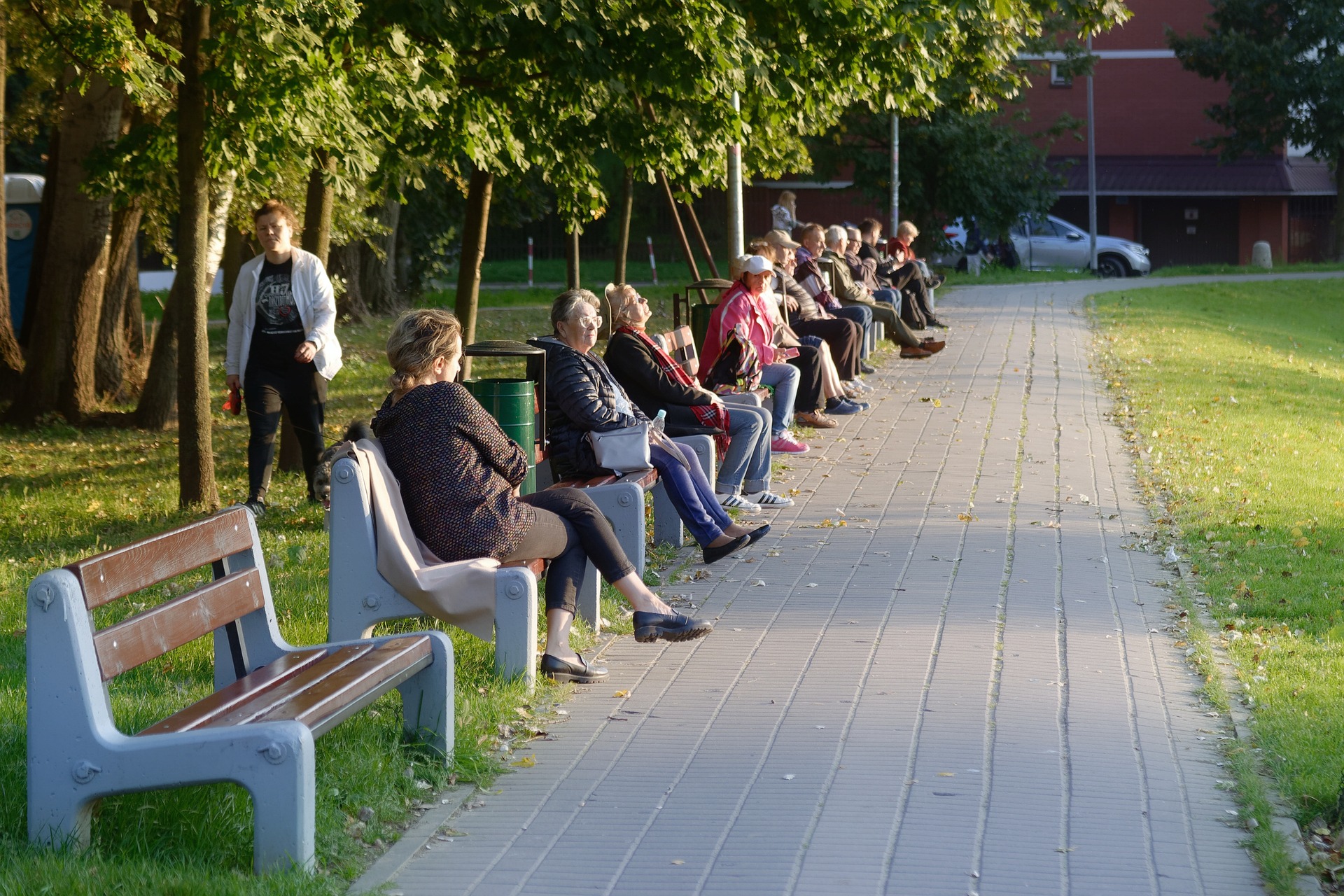The Emergence of Virtual Communities: Understanding our New Digital Neighborhoods
In our tech-driven world, the way we interact, form bonds, and build communities has drastically evolved over the past few decades. The advent of the internet, followed by the boom in social media platforms, has given birth to an intriguing phenomenon: virtual communities. If you've ever wondered how these digital neighborhoods are shaping our society, read below for an in-depth exploration.
Virtual communities are not a new concept. They can trace their roots back to the 1980s, with the rise of bulletin board systems and online forums. However, the last two decades, characterized by the rapid advancement of technology and the widespread availability of the internet, have seen a dramatic increase in the number and influence of these communities.
The Anatomy of Virtual Communities
Virtual communities are groups of individuals connected by a shared interest or purpose but primarily interact via digital platforms. They can revolve around a myriad of subjects, ranging from hobbies, professional fields to shared experiences, and social causes.
The dynamics of these communities closely mirror those in physical neighborhoods. They have leaders and active participants, rules and etiquette, and activities that bring members together. However, their virtual nature allows for a level of diversity, accessibility, and flexibility that physical communities often cannot match.
The Cultural Shift towards Digital Sociability
The rise of virtual communities represents a significant cultural shift. More and more, people are turning to these communities for social interaction, support, and a sense of belonging. This shift has been accelerated by the COVID-19 pandemic, which has forced many to seek online alternatives for their social needs.
Internet communities, forums, and platforms like Reddit, LinkedIn, or Discord, serve as gathering places for these communities. They provide spaces where people can share experiences, exchange ideas, and form meaningful relationships, despite geographical boundaries.
The Societal Impact of Virtual Communities
Virtual communities play an instrumental role in shaping modern society. They challenge traditional definitions of community and belonging and redefine how we form and maintain relationships.
For instance, they enable marginalized groups to find solidarity and support, such as LGBTQ+ individuals in regions where homosexuality is stigmatized or criminalized. They also foster the democratization of knowledge and information, breaking down traditional barriers and hierarchies and enabling a more inclusive and diverse discourse.
The Future of Virtual Communities
As we look towards the future, it is clear that virtual communities will continue to play a pivotal role in our social landscape. As technology continues to evolve, these communities are likely to become even more integrated into our daily lives.
However, it is crucial to navigate the challenges they present, such as issues around digital privacy, the risk of echo chambers, and the potential for online harassment. By addressing these, we can ensure that virtual communities continue to be spaces for positive social interaction and collective growth.
In conclusion, virtual communities are an integral part of our modern society. They symbolize our adaptability and resilience as a species, demonstrating our ability to find new ways to connect and support each other in an ever-changing world. As we continue to navigate this digital era, understanding the dynamics of these communities will be essential.





